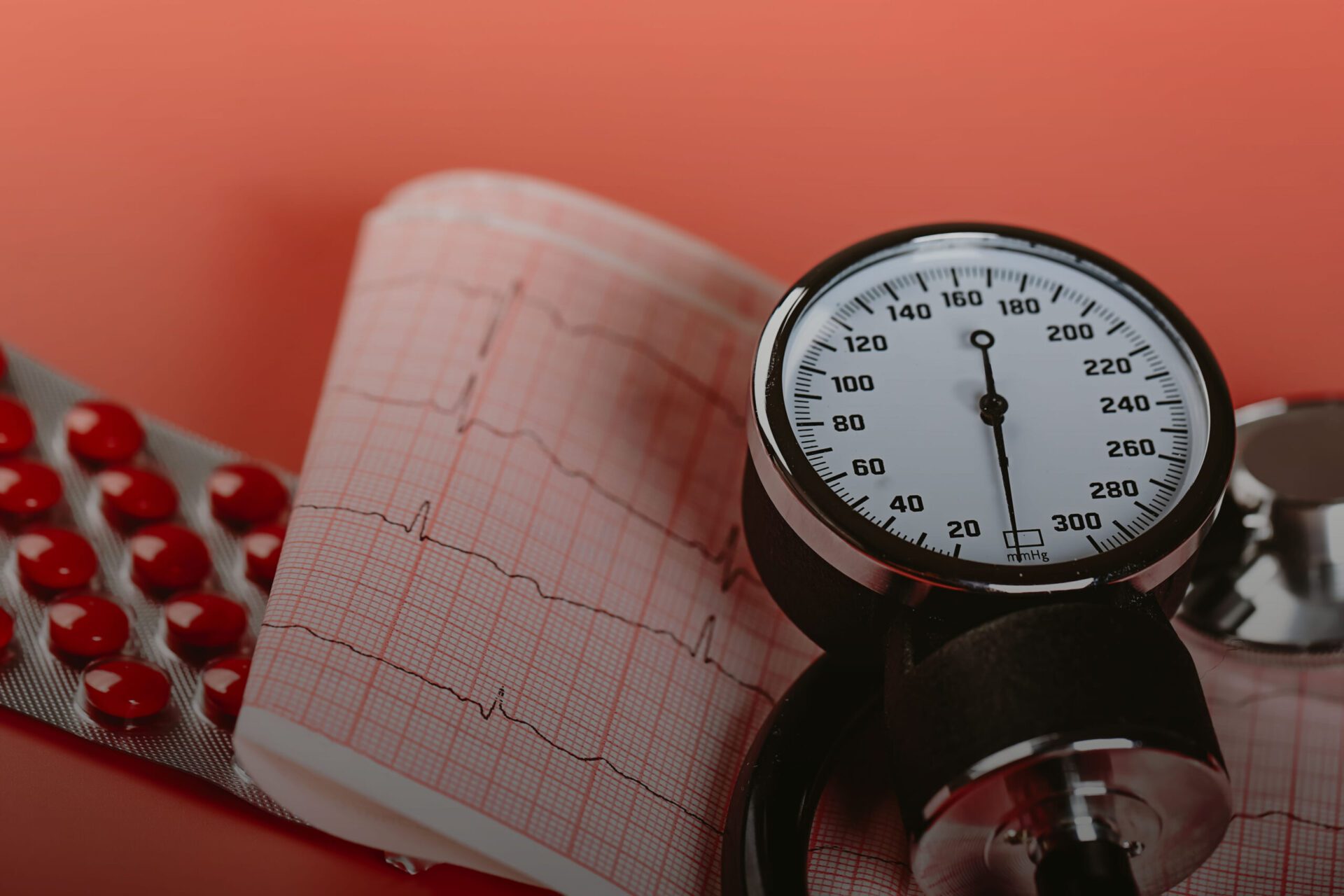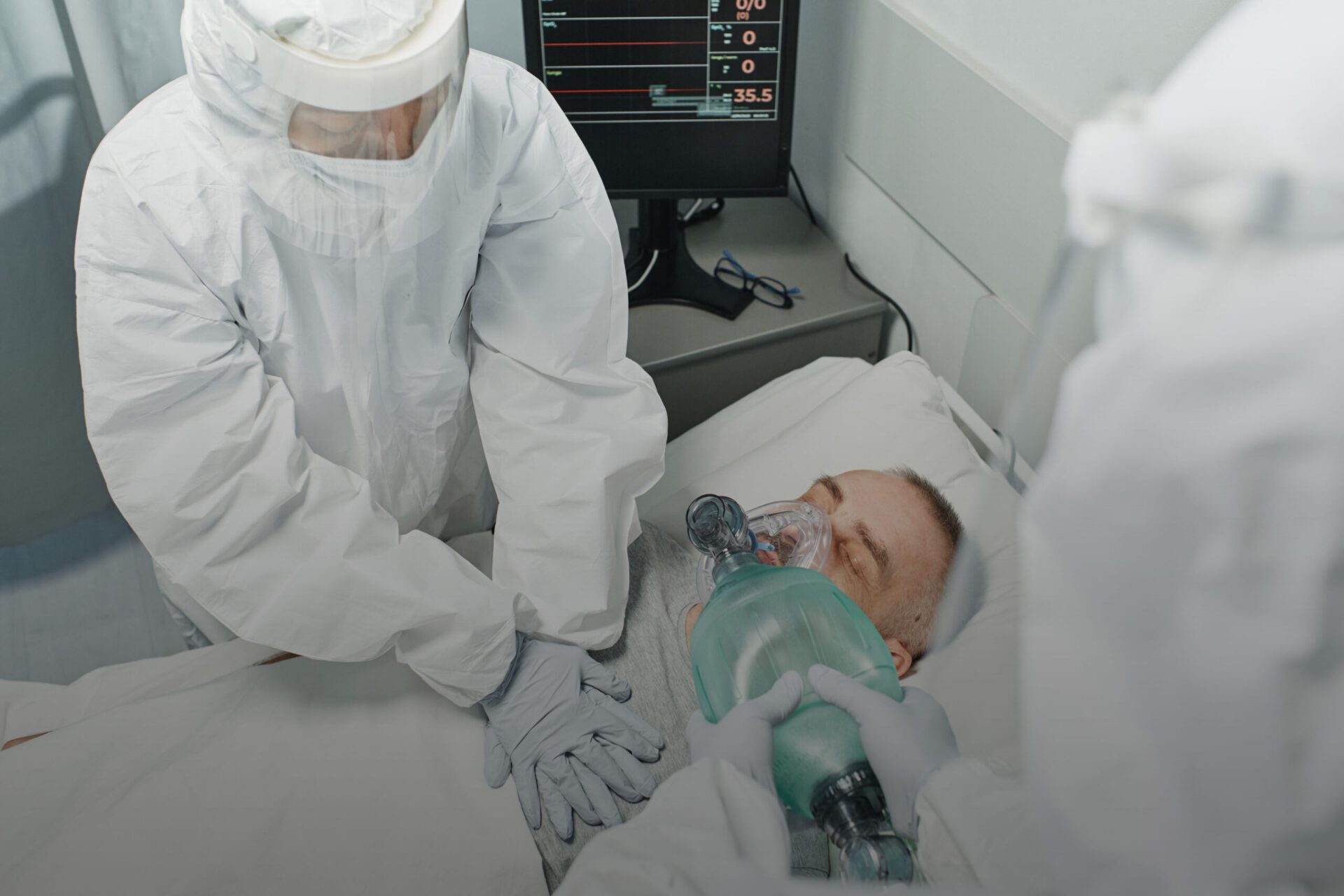What is Sleep Apnea?
Sleep apnea is a very common sleep disorder characterized by interrupted breathing during sleep. It can have a significant impact on an individual’s overall health and quality of life.
Symptoms of Sleep Apnea
- Loud, chronic snoring
- Choking in your sleep
- Pauses in breathing: while sleeping
- Excessive daytime sleepiness
- Morning headaches
- Frequent urination at night
- Fragmented sleep
- Mood disturbances
- Attention and memory problems
- High blood pressure
If you have one, or more, of these symptoms, you may be at risk of sleep apnea.
Types of sleep apnea:
There are two main types of sleep apnea:
Obstructive Sleep Apnea (OSA)
This is the most common type of sleep apnea. It occurs when the muscles in the throat relax and obstruct the airway during sleep, leading to pauses in breathing. The brain then sends signals to awaken the individual briefly to restore normal breathing, often accompanied by loud snoring or choking sounds.
Central Sleep Apnea (CSA)
Unlike OSA, CSA is caused by a lack of respiratory effort. The brain fails to send proper signals to the muscles that control breathing, resulting in periodic lapses in breathing during sleep. Snoring is less common in CSA compared to OSA.
Treating sleep apnea
There are many types of treatment available to suit your needs and your lifestyle.
Non-medical treatments and lifestyle changes
Positive airway pressure and adaptive ventilation devices
Oral appliances (mouthpieces)
Nerve stimulators
Surgery
Certain medications
Sleep apnea is prevalent
and takes a toll.
There are many types of treatment available to suit your needs and your lifestyle.
Of 50M US adults with sleep apnea are untreated
People globally suffer from sleep apnea
Increased risk of diabetes and stroke for those with apnea
Increased odds of developing atrial fibrillation and dying from heart disease
Increased odds of premature birth for pregnant women with a sleep disorder
The dangers of
untreated sleep apnea

Heart damage and heart failure
These are serious potential consequences of sleep apnea. The condition leads to elevated pressure in the blood vessels surrounding the heart and certain heart chambers. As a result, the heart experiences strain, leading to damage in the heart muscle.

Arrhythmias & Stroke
One significant concern associated with sleep apnea is the development of arrhythmias, particularly atrial fibrillation. Atrial fibrillation disrupts the normal blood flow through the upper left chamber of the heart, causing blood to pool and linger for extended periods. This stagnant blood can lead to the formation of blood clots, which may then travel to the brain, resulting in a stroke.

Sudden Cardiac Death
Sleep apnea can also lead to a life-threatening condition known as sudden cardiac death. In some cases, severe arrhythmias triggered by sleep apnea can cause the heart to stop beating altogether.

Daytime Drowsiness
Although feeling sleepy during the day might not seem alarming, it can pose significant dangers, especially in situations like driving or operating heavy machinery. Falling asleep during such activities can have fatal consequences for the affected individual and others around them.
How can I reduce my
risk or prevent sleep apnea?
- Attain and sustain a healthy weight: Maintaining a healthy weight through a balanced diet and regular physical activity can significantly reduce the likelihood of sleep apnea.
- Embrace good sleep habits: Practicing good sleep hygiene involves establishing a consistent sleep schedule, creating a relaxing bedtime routine, and ensuring a comfortable sleep environment.
- Manage underlying health conditions: Address any existing health conditions, such as high cholesterol, high blood pressure, or Type 2 diabetes, as these can contribute to the development of sleep apnea.
- Regular checkups with a healthcare provider: Schedule yearly checkups with your healthcare provider to monitor your overall health and discuss any concerns related to sleep or potential risk factors.